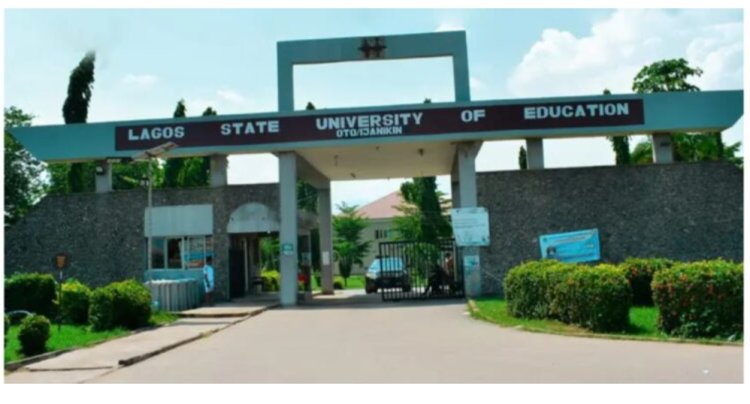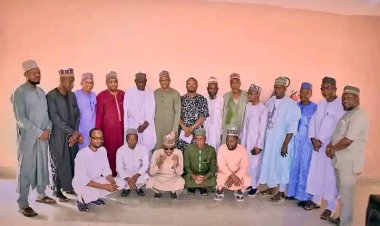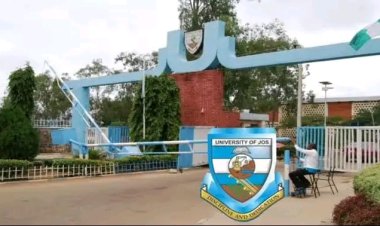Lagos State University of Education Integrates Yoruba Language into Curriculum for Cultural Preservation
This law stipulates that Yoruba must be included in the GNS program of all tertiary institutions owned by the Lagos State Government. It is now a compulsory course for both 100- and 200-level students at LASUED, and successful completion is a requirement for graduation

Lagos State University of Education (LASUED) has taken a significant step to promote and safeguard the Yoruba language. The institution has incorporated Yoruba language courses into its General Nigeria Studies (GNS) curriculum, as mandated by a law enacted by the Lagos State Government on August 8, 2018.
This law stipulates that Yoruba must be included in the GNS program of all tertiary institutions owned by the Lagos State Government. It is now a compulsory course for both 100- and 200-level students at LASUED, and successful completion is a requirement for graduation.
Read Also: Single mothers Journey from Food Hawker to First-Class Graduate
According to Dr. Lafiaji-Okuneye, the teaching of Yoruba language commenced in February during the 2022–2023 session. Notably, LASUED is currently the only institution in the state offering a full year of Yoruba language instruction.
The move to make Yoruba language a compulsory part of the curriculum aims to deepen students' knowledge of the culture. Dr. Lafiaji-Okuneye encourages parents and schools to embrace the language as a means of preserving it among children and students.
Recommend For You : Unprecedentedly Fast: Students Raise Alarm as Course Mate Goes on a Month-Long Spiritual Journey
This initiative by LASUED reflects a commitment to cultural preservation and a recognition of the importance of indigenous languages in Nigerian education.





